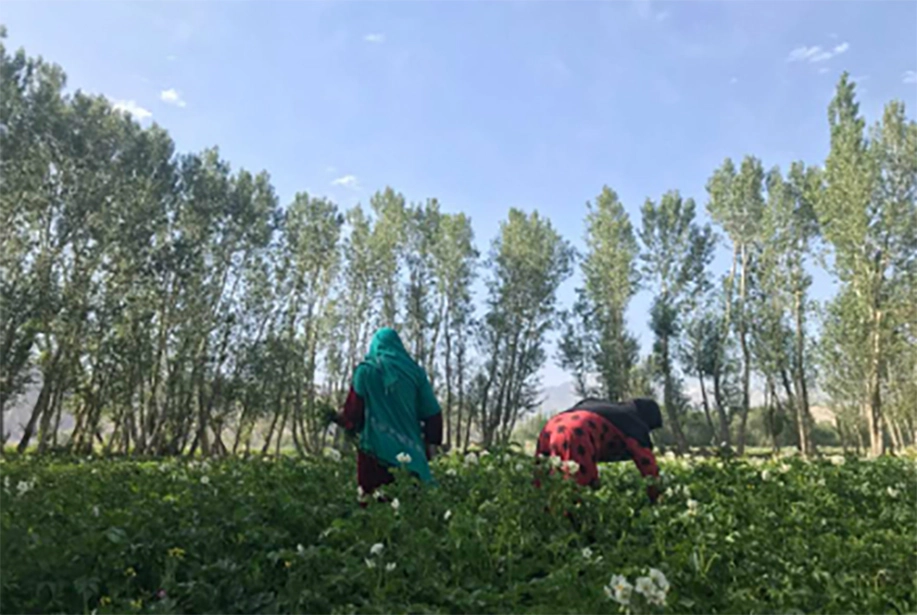
Rebuilding Nature, Restoring Hope: Enhancing Food Security and Farmer Livelihoods in Afghanistan through Cold Storage Facilities
Descriptions:
Agriculture stands as a cornerstone of Afghanistan’s economy, deeply intertwined with the daily lives and economic stability of its population. This sector is not only a major contributor to the nation’s GDP but also a primary source of employment, particularly in rural areas where farming, livestock rearing, and related agricultural activities are central to the livelihoods of many. The vast majority of the rural population relies on agriculture for their sustenance and income, making it a fundamental pillar of Afghan society and economy. Despite its importance, Afghan farmers confront a range of complex challenges that hinder their productivity and economic well-being. Issues such as outdated farming practices, inadequate infrastructure, and ongoing security concerns create obstacles that limit their potential. These challenges necessitate a deep understanding of the farmers' current circumstances and specific needs. By identifying these needs, stakeholders can develop targeted strategies and interventions that address the root causes of inefficiencies and support the agricultural sector's growth. Cold storage facilities represent a crucial solution to many of the difficulties faced by Afghan farmers. These facilities are essential for reducing post-harvest losses, which can otherwise account for significant portions of a harvest's value. By preserving perishable goods, cold storage not only helps in extending the shelf life of agricultural products but also allows farmers to market their produce more effectively, leading to improved income and financial stability. The reduction of spoilage translates directly into enhanced profitability for farmers and a more reliable food supply for the nation. Furthermore, investing in cold storage infrastructure contributes significantly to overall food security and economic development. Stable storage solutions help in managing food supply more efficiently, thus mitigating the risks of shortages and price fluctuations. This stability is crucial for maintaining a steady food supply and preventing market volatility. Additionally, the development of cold storage facilities supports broader economic and social development by creating jobs, stimulating local economies, and attracting further investment into the agricultural sector. In summary, enhancing food security and improving farmer livelihoods through the expansion of cold storage facilities are vital for Afghanistan's stability and progress. These facilities play a pivotal role in addressing several key issues, including post-harvest losses, income stability, food security, and climate resilience. By investing in and expanding this infrastructure, Afghanistan can make significant strides towards a more secure and prosperous agricultural sector, ultimately benefiting both its farmers and the broader economy